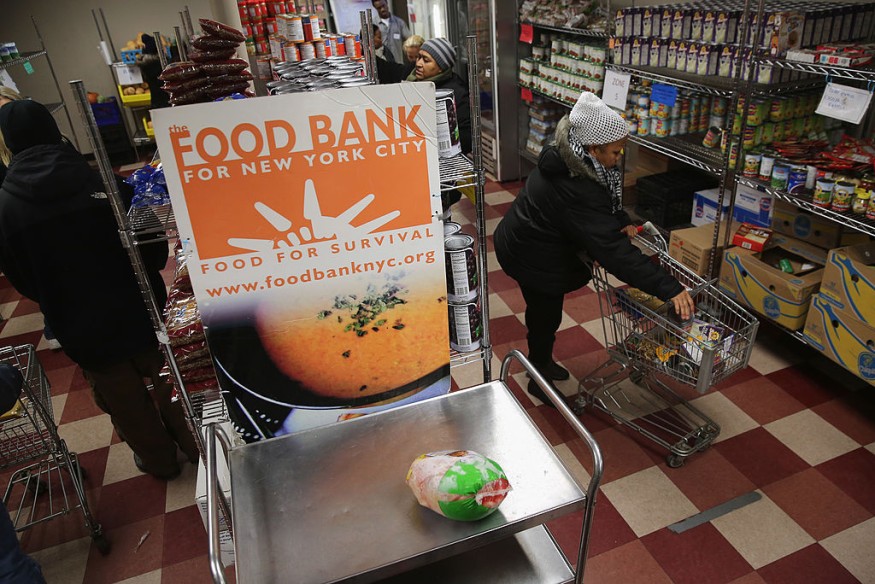SNAP Benefits Update: How To File a Complaint If You're Discriminated When Filing for Food Stamp Payments

SNAP benefits payments are distributed to individuals or households once they met the required eligibility requirements.
The U.S. Department of Agriculture's Food and Nutrition Service oversees the program, while each state administers the program. States can also add eligibility requirements to SNAP benefits if they deem it fit to do so.
SNAP benefits eligibility requirements usually include resource and income limits, which are updated annually.
Households applying for SNAP benefits that have elderly or disabled members have special rules.
Gross monthly income for applicants must be at or below 130% of the poverty line, which can be higher for bigger families and lower for smaller families.
There are certain assets that are counted and not counted. Households without a member who is age 60 or older or who has a disability must have assets of $2,750 or less while households with such members can have assets of $4,250 or less.
If you are an adult without any dependents, there are certain requirements that you should meet to remain eligible for SNAP.
They are limited to three months of SNAP benefits every three years unless they are working or in a training program for at least 20 hours a week.
SNAP Benefits Nondiscrimination
The U.S. Agriculture Department noted that the agency is prohibited from discriminating on the basis of race, color, national origin, sex, religious creed, disability, age, political beliefs or retaliation for prior civil rights activity when it comes to administering the SNAP benefits and Food Distribution Program on Indian Reservations.
Persons with disabilities who are in need of other means of communication such as Braille, large print, audiotape, and American Sign Language should contact the agency, may it be state or local.
Individuals who are deaf, hard of hearing, or have speech disabilities may contact the Agriculture Department through Federal Service at (800) 877-8339.
People who believe they have experienced discrimination can file a complaint of discrimination and write to the U.S. Department of Agriculture.
They can call (202) 720-5964 (voice and TDD). You can also fill out a paper form and mail it to U.S. Department of Agriculture, and addressing:
Office of the Assistant Secretary for Civil Rights
1400 Independence Avenue, SW
Washington, D.C. 20250-9410
Another option is to fax it to (833) 265-1665 or email it to program.intake@usda.gov.
Food Stamp Payments
Food stamp payments have increased its net monthly income standards for the fiscal year 2023 after the cost-of-living-adjustment rate was applied to start in October 2022.
For a household size of one, the maximum net monthly income standard is $1,133 for 48 states, D.C., Guam, and Virginia Islands.
For Alaska and Hawaii, the maximum monthly income is $1,416 and $1,303 respectively.
The COLA rate of 12.5% has also increased the maximum allotments individuals and households can receive in the 48 states, D.C., Alaska, Hawaii, Guam, and the U.S. Virgin Islands.
The average maximum allotment for a household size of one is $281, with each additional person for households can receive around $211 from the former rate of $188.
This article is owned by Latin Post.
Written by: Mary Webber
WATCH: What are SNAP benefits aka Food Stamps and how do they help those in need? - from Yahoo Finance
Subscribe to Latin Post!
Sign up for our free newsletter for the Latest coverage!
© 2026 Latin Post. All rights reserved. Do not reproduce without permission.














